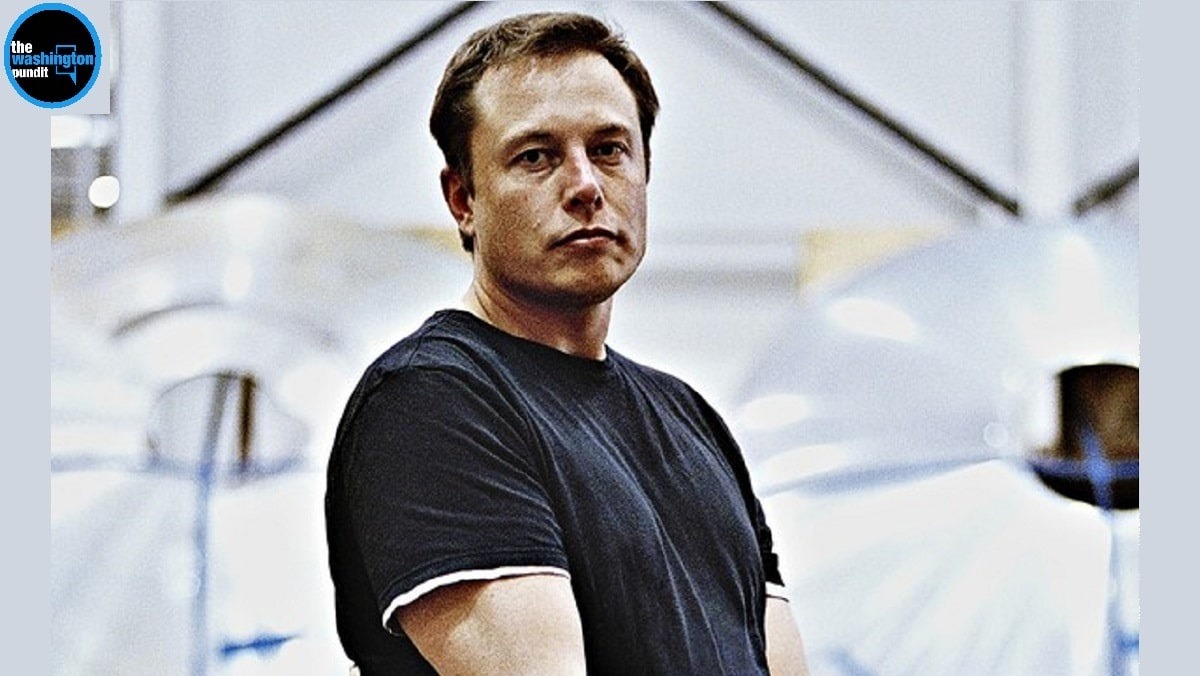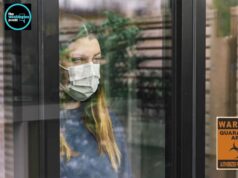We need health care equipment like N95 masks and ventilators to keep up with the potential number of patients that could easily overwhelm our current health care reserves, and Billionaire Elon Musk is on it. The news was announce on MSNBC Friday night by Dr. Ezekiel Emanuel, oncologist and bioethicist, senior fellow at the Center for American Progress, Vice Provost for Global Initiatives at the University of Pennsylvania, and chair of the Department of Medical Ethics and Health Policy.
CleanTechnica reached out to Elon Musk, head of Tesla and SpaceX where manufacturing is reportedly taking place. They report:
I reached out to Musk for clarification on that topic and he replied that,
“We have 250k N95 masks. Aiming to start distributing those to hospitals tomorrow night. Should have over 1000 ventilators by next week.”
With medical supplies such as these being one of the biggest bottlenecks and challenges at the moment in the COVID-19 response in the United States (as well as elsewhere) — something that is already having a very real effect on medical professionals and patient care — the support will surely be received with much gratitude. That said, while there has been much attention put on the expected future need for ventilators, very few places reportedly have a shortage of them right now. In much greater need at the moment are simpler supplies like N95 masks, which must be why Tesla/SpaceX is providing 250,000 of them.
The article goes on to say:
Dr. Emanuel also said in the segment of MSNBC’s “Morning Joe” he was on that we probably need 8–12 weeks (2–3 months) of social distancing in the US in order to deal with COVID-19 as a society. However, he also expects that the virus will come back and we’ll basically have a roller coaster of “social restrictions, easing up, social restrictions, easing up … to try to smooth out the demand on the health care system.”
It is unclear how things will actually proceed in the United States. Some states have avoided implementing any public policies in response to the pandemic, and there aren’t yet many firm recommendations or policies coming from the White House. Some states are shutting everything down, while others are leaving everything open.













